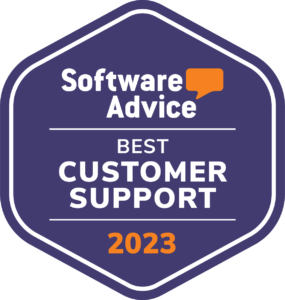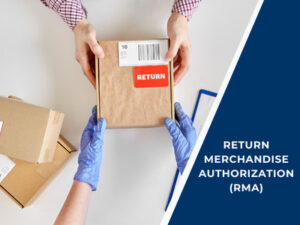Customer Relationship Management (CRM) with ERP
Customer Relationship Management (CRM) focuses on building and maintaining strong relationships with customers. By integrating CRM with ERP systems, businesses can achieve a unified view of customer interactions, enabling more personalized and efficient service.
The Role of ERP in CRM
While a standalone CRM system focuses solely on customer interactions, an ERP system integrates multiple business processes, including finance, inventory, sales, and operations. By combining CRM with ERP, businesses gain a unified platform that bridges customer-facing functions with backend operations, creating a seamless flow of information across departments.
Benefits of CRM with ERP Integration
1. Enhanced Data Visibility
Integrating CRM with ERP ensures that customer data is no longer siloed. Sales, customer service, and support teams can access real-time data, such as order history, payment status, and inventory availability, enabling them to provide informed and timely assistance to customers.
2. Streamlined Processes
With CRM-ERP integration, businesses can automate processes like order management, invoicing, and customer service. This reduces manual errors, saves time, and improves operational efficiency.
3. Improved Customer Experience
Having access to a customer’s complete history allows businesses to personalize interactions, anticipate needs, and offer tailored solutions. This leads to higher customer satisfaction and loyalty.
4. Informed Decision-Making
Integrated systems provide comprehensive analytics and reporting capabilities. Businesses can track key metrics, identify trends, and make data-driven decisions to improve customer engagement and overall performance.
5. Scalability and Flexibility
As businesses grow, their needs evolve. CRM-ERP systems are scalable, making it easier to adapt to increased customer demands and operational complexities.
Key Features of CRM in ERP Systems
- Customer Database Management: Centralized storage of customer contact details, purchase history, and preferences.
- Sales Automation: Streamline sales processes, from lead generation to closing deals.
- Customer Support: Efficiently manage support tickets and track resolution timelines.
- Marketing Campaigns: Plan, execute, and track the success of marketing campaigns.
- Analytics and Reporting: Gain insights into customer behavior, sales trends, and performance metrics.
Real-World Applications of CRM with ERP
1. e-Commerce: Personalize shopping experiences by tracking customer preferences and purchase history.
2. Manufacturing: Improve customer satisfaction by providing accurate delivery timelines and resolving issues quickly.
3. Nonprofits: Track donor contributions, manage fundraising campaigns, and build lasting relationships with volunteers and stakeholders.
4. Distribution: Optimize order management, track delivery schedules, and ensure accurate inventory levels to meet customer demands effectively.
Conclusion
By integrating CRM and ERP, businesses can create a seamless and efficient customer experience, build stronger relationships, and drive sustainable growth.
Key Takeaways:
- CRM and ERP integration provides a 360-degree view of customers.
- Streamlines order fulfillment and improves customer service.
- Enables data-driven decision-making for enhanced customer satisfaction.
- Increases sales and revenue through personalized interactions.
- Improves operational efficiency and reduces costs.
- Builds stronger customer relationships and drives business growth.







